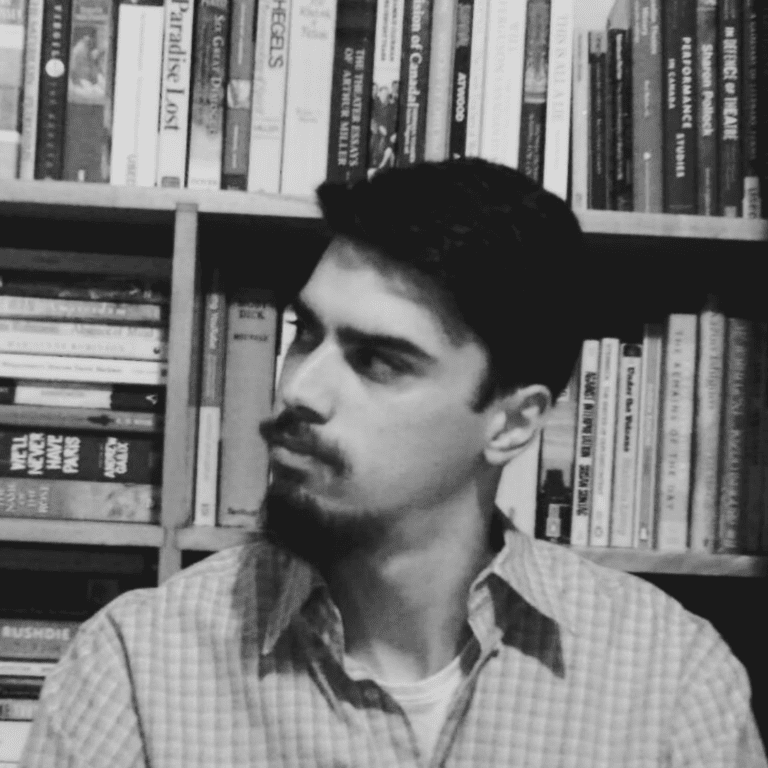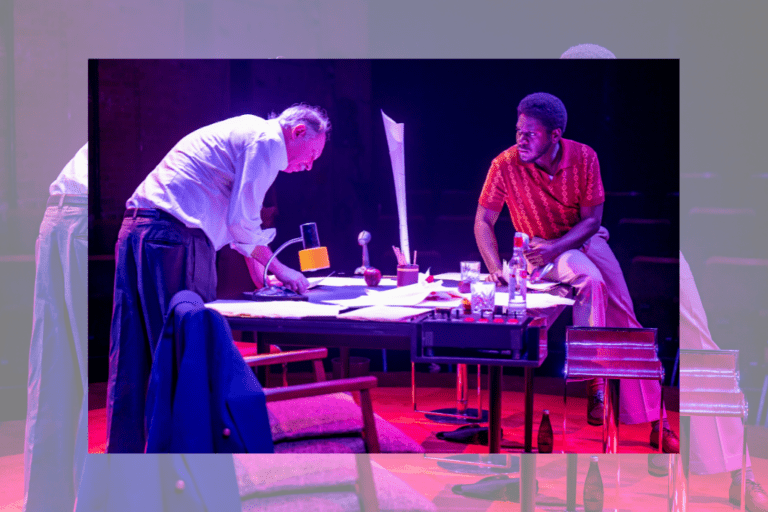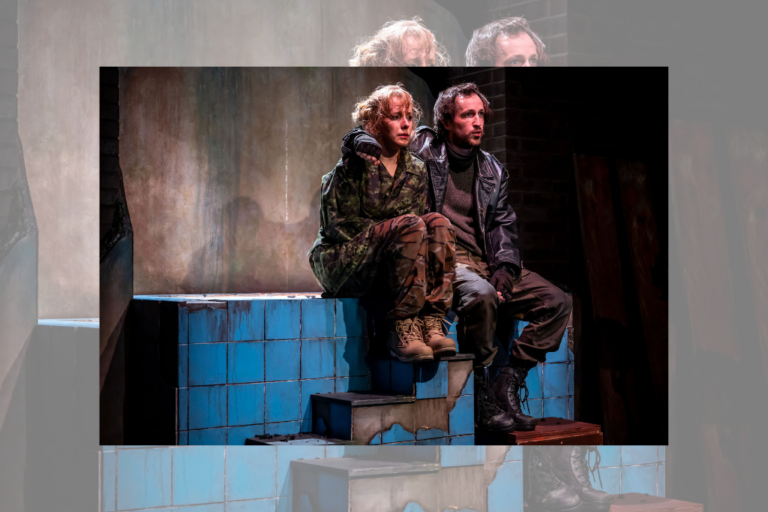REVIEW: Goblin:Macbeth might just leave you gobsmacked
Goblins have invaded human culture, with a ubiquity that can easily go unnoticed.
They appear in manifold permutations throughout global folklore. They sell fruit in Victorian poetry, try to kill Spider-Man, and run the “international banks” of the wizarding world (yikes). If lexicographers can be trusted, we apparently all went a little “goblin mode” in 2022.
Fun fact: Variants of the word “goblin” appear a total of 10 times in the complete works of Shakespeare, though oddly enough, none of them in Macbeth. If you, dear reader, are deep into the goblincore lifestyle and have always felt that that’s what was missing from the bard’s most demonological tragedy, boy do I have a show for you!
Tarragon’s 2024/25 season-opener, Goblin:Macbeth, is exactly what it sounds like: It’s Macbeth, performed by goblins.
Co-created by Rebecca Northan and Bruce Horak of Spontaneous Theatre, Goblin:Macbeth stars Wug, Kragva, and Moog, three mischievous creatures who attempt to learn about the human world by staging a piece from the most revered monument of human culture: Shakespeare’s First Folio. Living up to its company’s name, this imaginative riff on the Scottish Play is full of spontaneity, parodic characterizations, and just enough audience participation to keep everybody on their toes – but for those who’d prefer to avoid the bulk of it, stay away from the front row and aisles.
After making waves in Calgary, Vancouver, and Stratford, it was only a matter of time before the goblins arrived in Toronto, where Spontaneous Theatre’s improv-hybrid creations are consistently well-received. If you’re the kind of person whose funnybone gets tickled by Ian Doescher’s pop-culture bardolatry, Hamlet in the “original” Klingon, and Burger King Lear, then you’ve likely already bought your ticket.
The human actors prefer to remain unidentified behind their skin-tight silicone monster masks (provided by Composite Effects, with costumes designed by the late Philip Edwards). Northan’s director’s note muses on the ways casting often can skew audience’s perceptions of a production before they’ve even seen it, so this anonymizing gesture aims to redirect attention back to the text and the creativity underlying its approach. There’s certainly credence to this theory — the Canadian theatre scene is currently getting revved for another experimental reimagining of Macbeth on the horizon; much like Goblin:Macbeth, it’s the director’s bona fides and a fresh animating idea that’s generating the buzz before anybody has seen a casting announcement.
Wug plays the titular Thane with a brash-yet-understated nobility, matching wits against Kragva, who most prominently alternates between Lady M’s conniving slyness and MacDuff’s unmistakable highland brogue. Most of the other characters are split up between these same two goblins, who find outstanding comic beats in moments of fluid baton-passing and chaotic conversations.
Moog assumes a literal backseat, taking on the fewest speaking roles. Instead, they pull their weight by performing live Foley sound effects and a furious multi-instrumental score, signifying quite a lot.
While most of the entertainment comes from the goblins’ antics whenever the Shakespearean text is paused or subverted for comic effect, the secret sauce to this whole endeavour is that it really is an honest-to-goodness staging of that text, designed to showcase the performers’ near-virtuosic mastery of the material. It takes Shakespeare seriously, even while ripping him to shreds.
From this perspective, Goblin:Macbeth shares much in common with Eric Woolfe’s recent one-man stab at the same play (returning to Red Sandcastle this spring), in both concept and execution. Both employ ghoulish aesthetic sensibilities as the bait, only to then pull off the switch with a disarmingly earnest performance.
As an extra treat for the more committed Shakespeare nerds in the audience, one of Goblin:Macbeth’s most impressive dramaturgical swerves is its inventive ways of imbuing the play’s minor figures with unexpected depth. I don’t think I’ve ever been so invested in the father-son relationship between Banquo and Fleance, and the characterization of the typically forgettable spare-heir Donalbain is one I won’t forget anytime soon.
Aside from the gonzo premise, first-rate jokes, and display of (preter)natural acting talent, Goblin:Macbeth’s beating heart is really the larger questions it tries to provoke: Why do we bother making theatre? Can creatures who are confounded by mimesis learn the value of playing make-believe? What does it mean to be human? Is Shakespeare truly able to speak for all of humanity?
There’s an intriguing running gag, in which Wug frequently interrupts the plot to correct Kragva’s pronunciations of certain words. One of the biggest cheers on opening night came when Kragva finally clapped back against this pedantry. Perhaps Northan’s time spent at the Shaw Festival has gotten her thinking about the elitist foibles of policing “proper” elocution. Or perhaps we’re witnessing a growing recognition that there are no right or wrong ways of performing Shakespeare – and that racialized so-called others (human or otherwise) can and should be permitted to put their own spin on his works.
Or perhaps I’m overthinking it. Perhaps it’s just a zany show about goblins. And perhaps that’s more than enough.
Goblin:Macbeth runs until October 27 at Tarragon Theatre. Tickets are available here.
Intermission reviews are independent and unrelated to Intermission’s partnered content. Learn more about Intermission’s partnership model here.















Comments